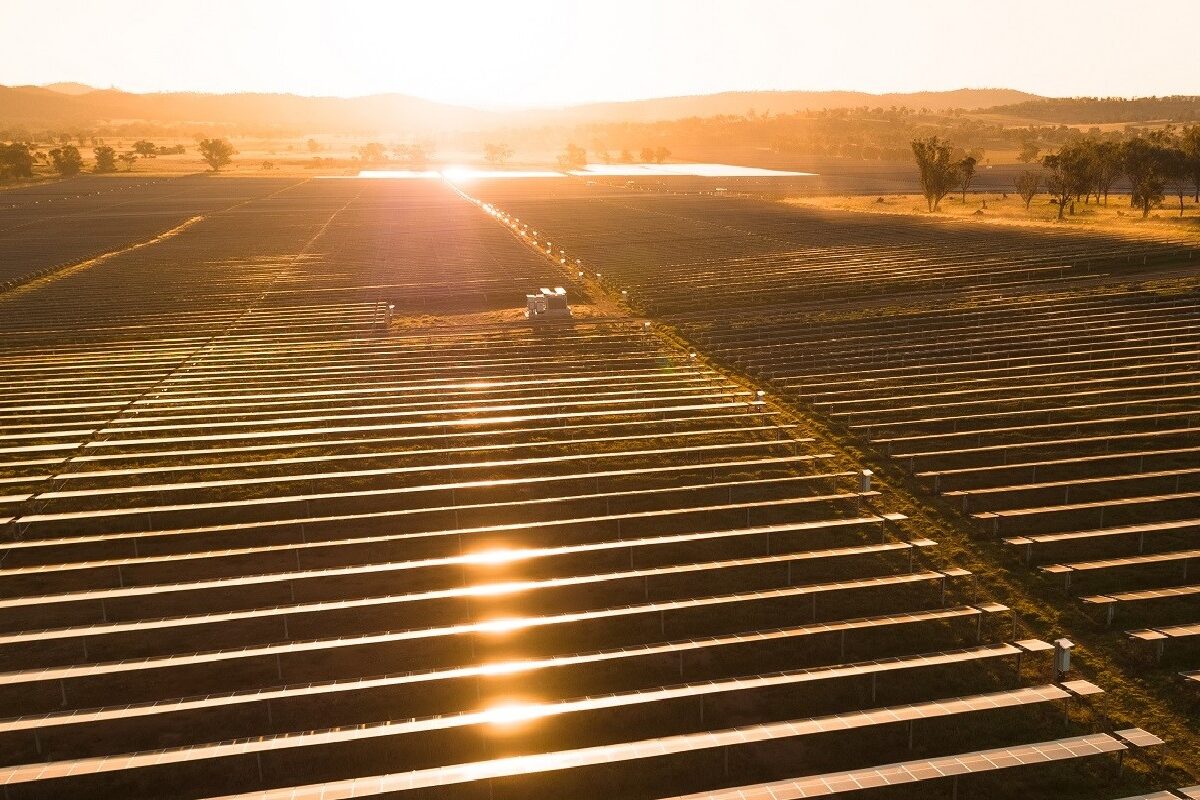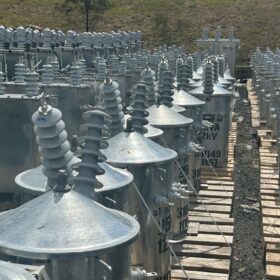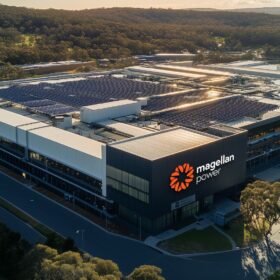The 2019/20 Victorian budget is investing $545 million over five years under its landmark $1.3 billion Solar Homes program. From July, the program will commence rebates for renters and energy storage and interest-free loans, as well as continue rebates for solar panels and solar hot water systems.
Delivering on its election promise, the state government has expanded the scheme to include renters. To access the rebate and interest-free loan, landlords and tenants must agree to share the cost of solar panel installation. Renters will make a 25% contribution through a small levy on rent over four years, while the government and landlord will foot the rest of the bill. The scheme aims to provide $82 million in rebates over 10 years with the goal to support 50,000 Victorians who rent their home.
Interest-free loans will allow households to install half price solar without any up-front cost and will be repayable over four years. In terms of battery rebates, the Solar Homes program will provide $40 million to support 10,000 households. A 50% rebate for a solar home battery system will have a maximum value of $4,839 in 2019-20, which is expected to be the price of a typical 11 kWh solar home battery system.
On top of that, the second phase of the Solar Homes program will continue solar panel and solar hot water rebates. Applications for 50% rebates on rooftop solar installations opened mid September, and were capped in April due to immense success of the program.
The introduction of annual caps on the number of rebates for PV arrays, solar hot water applications and battery systems was described as an additional measure to boost safety and ensure an orderly rollout of the program. It built on the government’s decision to make smart inverters mandatory for solar PV installations under the program and introduce safety and industry accreditation requirements for installers and solar retailers.
The Solar Homes program’s ultimate goal is to subsidise the cost of solar panel energy systems, solar hot water systems or battery storage for homes with existing solar panels for 770,000 homes over the next 10 years. With $1.3 billion needed for the full rollout, the program is one of the major spends in this year budget, alongside $3.8 billion plan to build new hospitals, more than $1 billion for schools and a $27.4 billion suburban transport blitz.
Commission to better police energy retailers
The 2019/20 Victorian budget also includes $27.27 million for the Essential Services Commission to ensure that energy companies who try to rip off customers face the consequences. The Commission will get an extra Commissioner, dubbed “an energy cop on the beat”, who will prosecute misbehavior by energy retailers.
Under the government’s Energy Fairness Plan, the civil penalties for retailers who wrongfully disconnect customers will double to $250,000 – making it the highest fine of its type in the nation. Criminal penalties for misleading or deceiving customers are also being upped to $1 million.
“The Energy Fairness Plan also gives the Commission clearer investigatory powers, as well as new powers to monitor and report on the Victorian retail energy market and crack down on retailers doing the wrong thing,” the government states in a release. “The Commission will take action if retailers ignore our ban on ‘win-backs’ – so-called short-term discounts that end up costing customers more in the long run.”
The budget is also investing $48 million in the Power Saving Bonus – where Victorian households receive a $50 payment if they seek out a better electricity deal on Victoria’s Energy Compare website. It is extending the initiative until 30 June 2020.
Under its Delivering for Regional and Rural Victoria Program, the government will make a funding contribution to a 10 MW solar farm for Newstead. This will help transition the town to 100% renewable energy.
This content is protected by copyright and may not be reused. If you want to cooperate with us and would like to reuse some of our content, please contact: editors@pv-magazine.com.









Does this budget include any plans to increase the current feed-in tariffs or so?